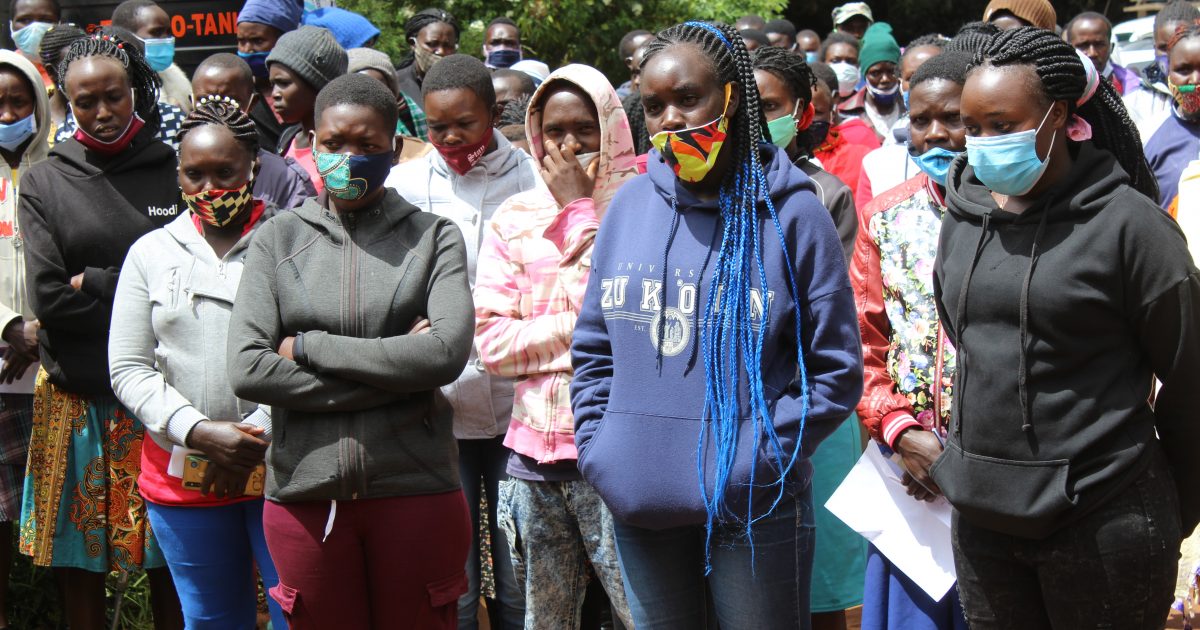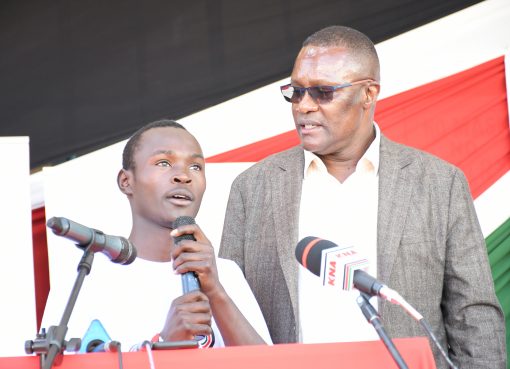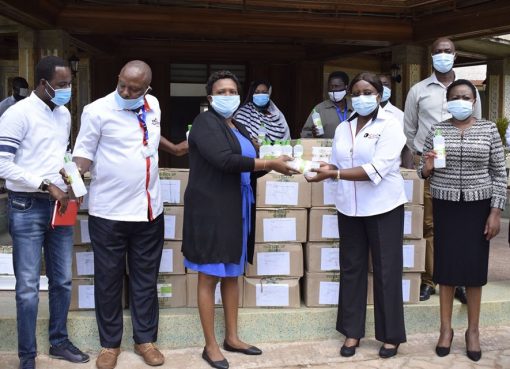The national government will spend a total of Sh87 million in Elgeyo Marakwet County to cushion the youth from vulnerable backgrounds against the effects of Covid-19 pandemic under the second phase of kazi mtaani programme.
Area County Commissioner Dr. Ahmed Omar said the county had already completed the process of hiring 2, 248 youths and an additional 75 supervisors adding that they were ready to start working on Monday July 13 when the programme would be launched in the county.
Addressing the youth outside his office on Saturday, the CC urged them to exercise a high level of discipline saying any case of indiscipline would not be tolerated.
“If any of you reports to work late, drunk or idles around instead of working, he or she will be dismissed and replaced immediately,” the CC warned.
The CC said the youth must remain committed for the 11 days in a month each would work for the six months within which the programme would be in existence.
The administrator told the youths that they would be paid after every two weeks through M-pesa and therefore their name, phone number and ID number must correspond with their M-pesa registration hence for those with mobile loans would have no option but to pay.
Saying that they would be required to clock in and out every day they reported to work, Dr. Omar said only names of those who would have worked would be submitted for payment.
He urged them to use the money they would get to improve the welfare of their families adding that they should also consider starting an income generating activity as the programme comes to an end in the next six months.
Dr. Omar said the youths would be deployed to do garbage collection in the estates, bush clearing, unclogging of drainage, tree planting and in construction sites.
Earlier, in a meeting with the county implementation committee, the CC called on government departments both in the county and the national government concerned to ensure that they provided the resources required to ensure the youths were fully engaged for the eight hours they were required to be on duty.
By Alice Wanjiku





